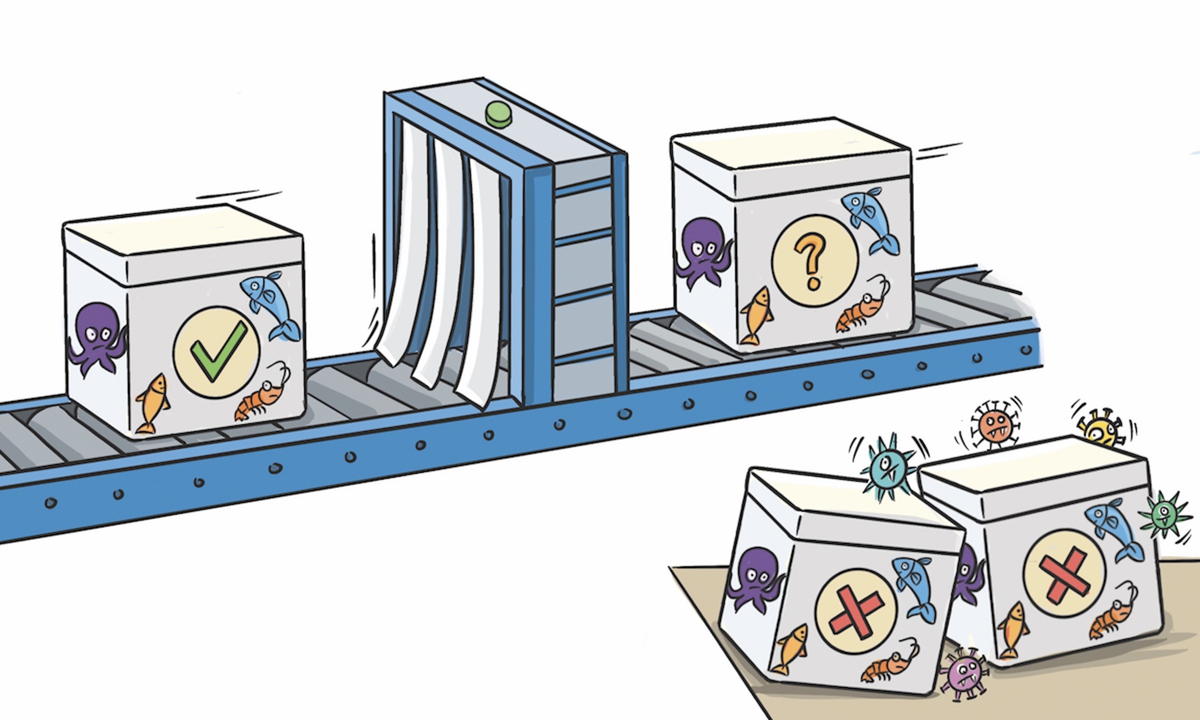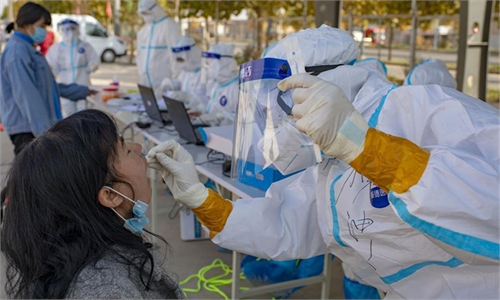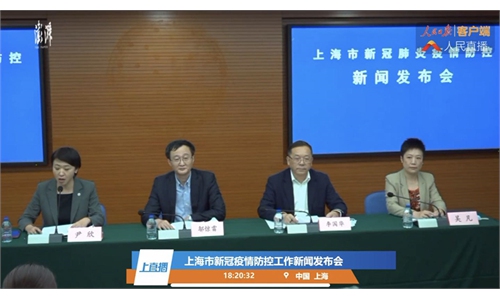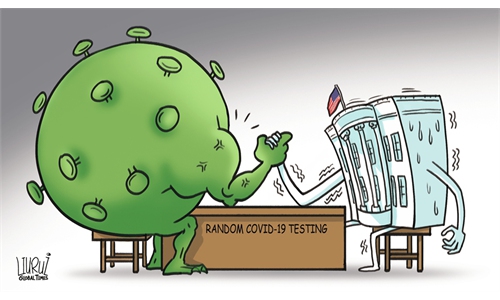COMMENTS / EXPERT ASSESSMENT
Cold-chain traceability to favor industry’s sustainable growth

Illustration: Xia Qing/GT
Amid China's firm and effective prevention of the epidemic, continuously emerging positive novel coronavirus tests related to cold-chain imports have alerted Chinese consumers, and raised further requirements for food security from foreign suppliers, including a sound traceability system and stricter inspection.Though the shoring up of an effective traceability system is not an easy task, it is conducive to the industry's sustainable development and related companies' sound growth, a trend that has been accelerated by the ongoing COVID-19 pandemic.
Multiple cold-chain items imported into China have tested positive for the coronavirus in recent months. Beyond packaging or related items, workers in cold-chain logistics sectors have seen confirmed infections. The latest case was detected in a frozen food company in North China's Tianjin Municipality. Earlier, two asymptomatic infected patients were detected related to cold-chain logistics in Qingdao, East China's Shandong Province.
Since China has long gotten the virus under control domestically, imported cases through inbound travelers and cargo have been a major challenge for prevention work. Residents and the market are on alert over possible routes of infection. Under such circumstances, it is highly possible that some consumers of imported frozen food may halt purchasing these items or switch to domestic products.
As the virus continuously rips across the world, it raises further requirements for cross-border exchanges. In addition to routine inspection procedures, extra tests specifically to eliminate the risks of coronavirus infections are needed to keep trade channels clear.
Moreover, a more transparent and traceable cold-chain logistics system is important to keep trade channels clear and consumers safe. Companies that rapidly catch up with the new requirements will gain advantages and stronger competitiveness.
According to domestic economic news site cs.com.cn, more than 10 provinces and cities in China have implemented traceability systems for cold-chain items, such as Beijing, Tianjin, Shanghai and South China's Guangdong Province.
For instance, Beijing has carried out the construction of a cold-chain food traceability platform, using blockchain, big data, electronic coding and other information technologies to carry out traceability management of imported frozen meat and seafood.
The State Council, China's cabinet, on Monday released a statement, ordering imported cold-chain food to be thoroughly disinfected before going to market to achieve closed-loop control and traceability for the whole process, in order to minimize the risk of bringing in COVID-19 through imported cold-chain food.
The establishment of traceability systems for food has been promoted for a while with the aim of food security enhancement, based on advanced digital technology. It has been highlighted by the deadly pandemic, especially for cross-border trade.
Not only will it be an effective approach to carry on international trade during the pandemic, but it will also be a necessary step for food and related industries to enhance core competitiveness as people around the world attaching more importance to food security amid the pandemic.
The article was compiled based on an interview with Hong Tao, director of the Institute of Business Economics at Beijing Technology and Business University. bizopinion@globaltimes.com.cn



